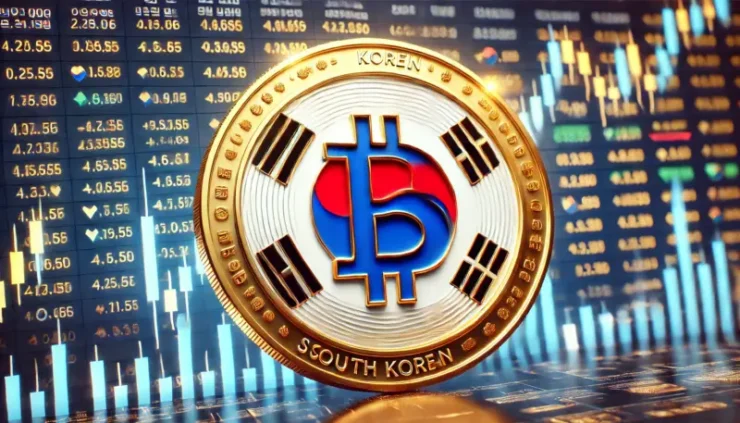In a decisive statement released March 16, the Bank of Korea firmly rejected the inclusion of Bitcoin in its foreign exchange reserves, citing significant volatility risks and non-compliance with International Monetary Fund (IMF) reserve standards.
Responding to a formal inquiry from Rep. Cha Gyu-geun of the Democratic Party of Korea, a member of the National Assembly Planning and Finance Committee, the central bank emphasized caution in approaching cryptocurrency. “We believe that we need to approach the inclusion of Bitcoin in foreign exchange reserves cautiously,” the bank stated.
The rejection is primarily due to Bitcoin’s extreme price fluctuations. The cryptocurrency hit a high of 160 million won per Bitcoin in January before plunging sharply to 110 million won shortly thereafter, illustrating its unpredictable nature. Market analysts remain sharply divided, with some forecasting Bitcoin to potentially reach values exceeding 1 billion won, while others warn it could collapse entirely to zero.
The Bank of Korea specifically highlighted concerns over liquidity and conversion costs associated with Bitcoin, especially during periods of market instability. “If the virtual asset market becomes unstable, there is concern that transaction costs will increase rapidly in the process of converting Bitcoin into cash,” the central bank noted.
Another critical barrier identified by the Bank of Korea is Bitcoin’s failure to meet the strict criteria established by the IMF for inclusion in foreign reserves. According to the IMF, eligible assets must possess immediate liquidity, marketability, be denominated in a convertible currency, and typically hold an investment-grade credit rating. Bitcoin, according to the bank, does not satisfy these conditions.
“There has been no discussion or review of Bitcoin’s inclusion in foreign exchange reserves so far,”
clarified the Bank of Korea, explicitly distancing itself from any prior or ongoing consideration.
The central bank’s cautious approach contrasts with mixed international attitudes towards Bitcoin. While the Czech Republic and Brazil have expressed openness towards incorporating cryptocurrency into reserves, major financial institutions such as the European Central Bank (ECB), the Swiss National Bank, and the Japanese government remain firmly opposed.
Recently, the United States signaled interest in Bitcoin reserves under President Donald Trump’s administration. Trump signed an executive order authorizing strategic storage of Bitcoin assets seized through federal civil and criminal proceedings. However, the U.S. government explicitly ruled out immediate or additional purchases.
Despite the global trend and recent advocacy by Korean financial experts suggesting consideration of cryptocurrency reserves, the Bank of Korea’s explicit rejection sends a strong signal about its cautious stance toward integrating volatile digital assets into the national economy.





